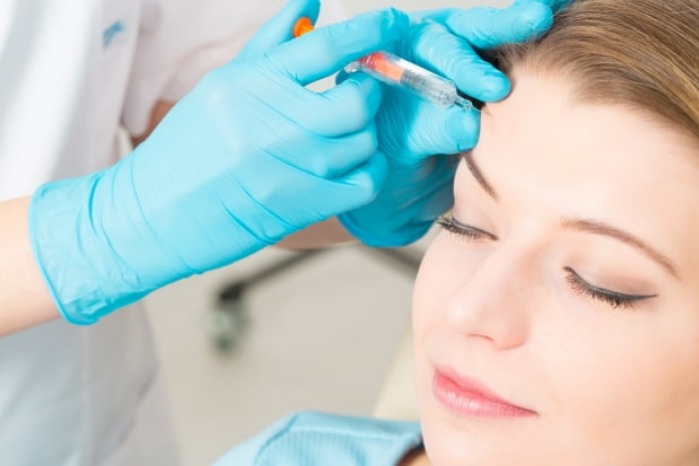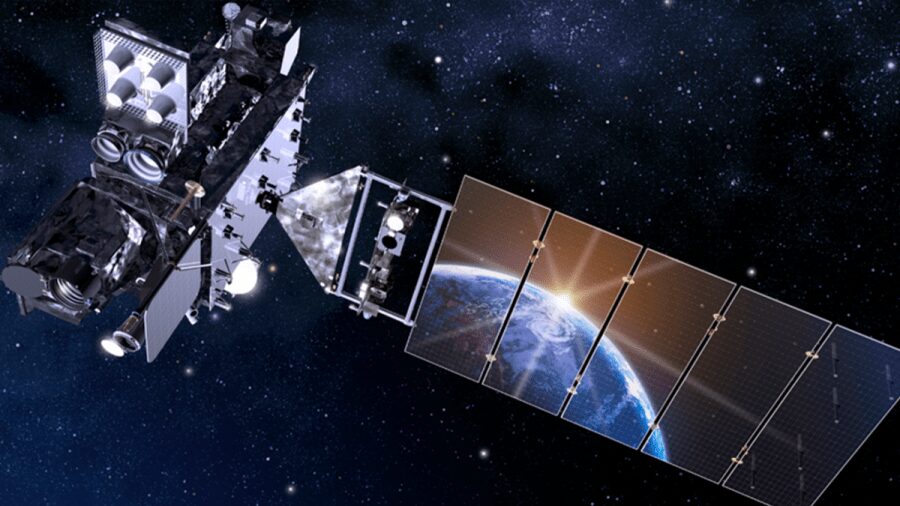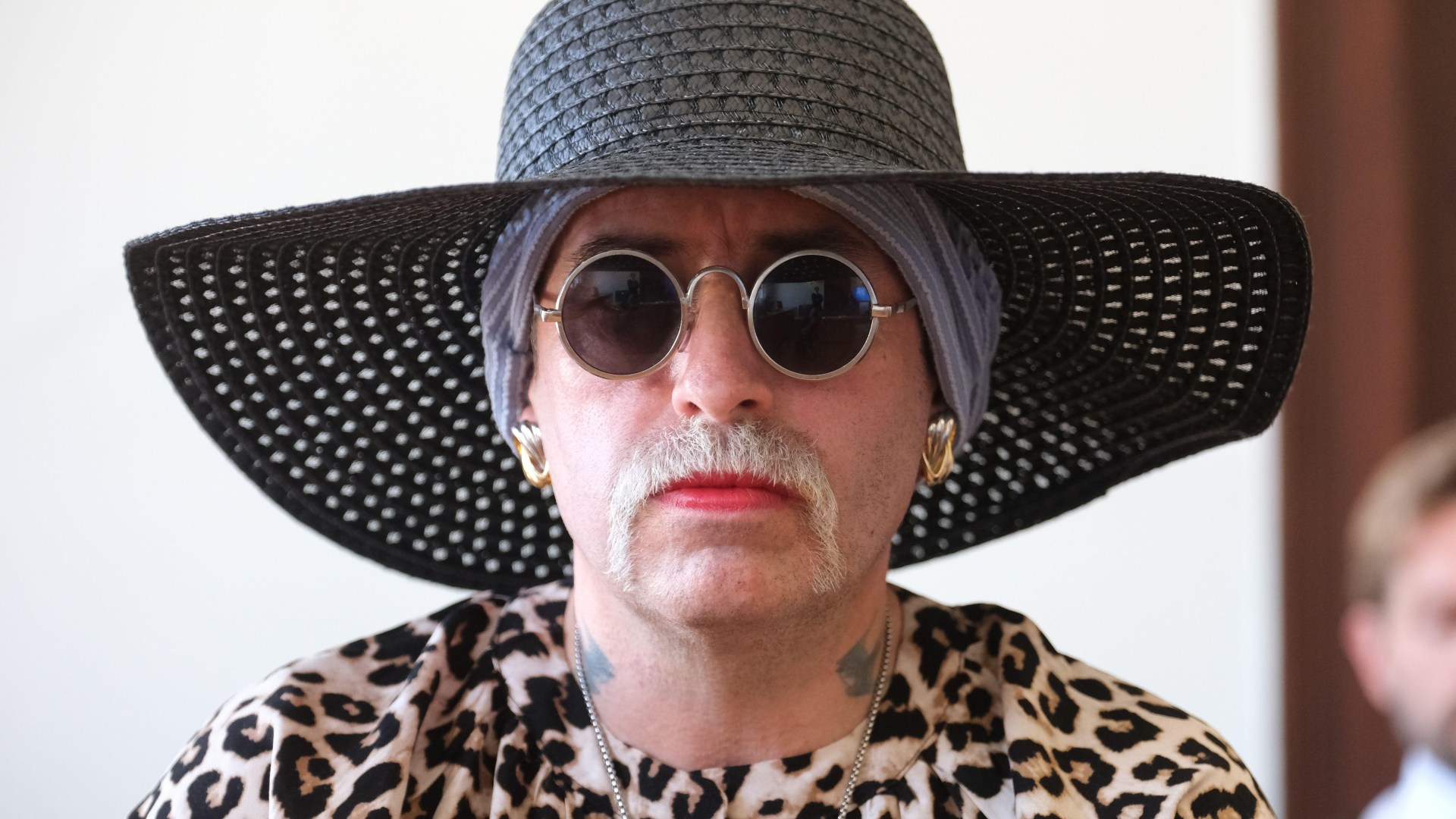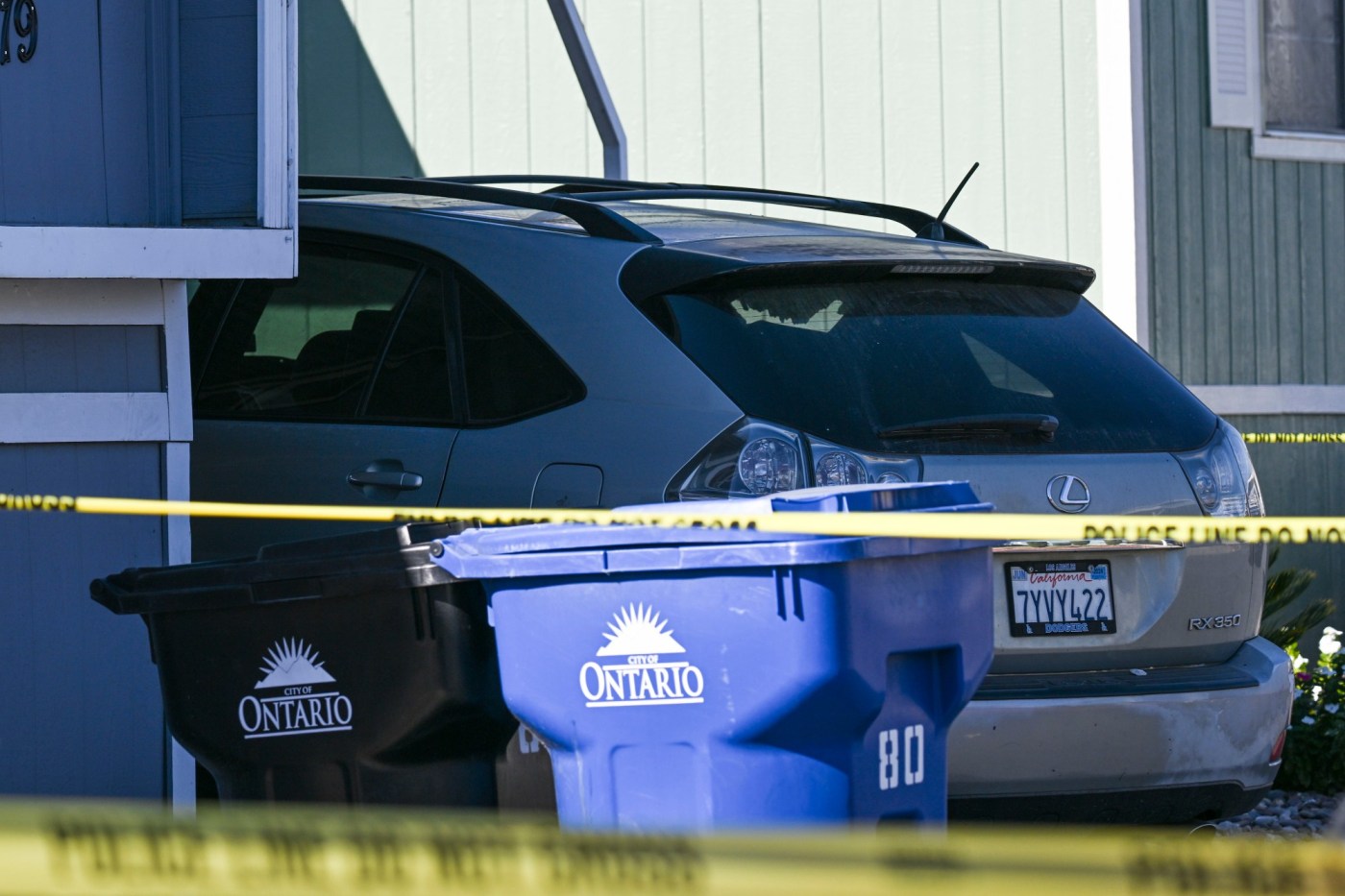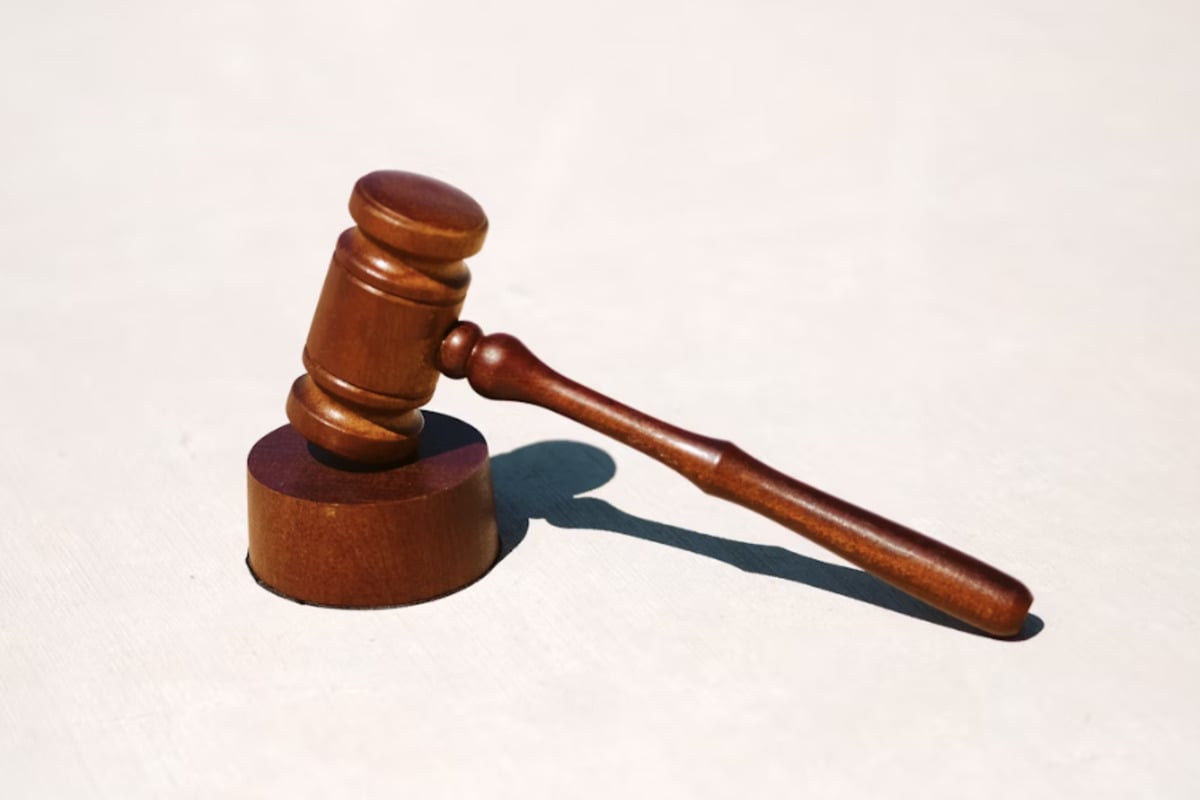UPDATE: South Korea’s botulinum toxin exports have soared to a record high of $41.66 million in October 2023, marking a significant 26.4% increase from the previous year. This surge solidifies the dominance of “K-botox” in global cosmetic markets, outpacing the 25.4% growth of the country’s semiconductor exports during the same period.
Industry officials attribute this rapid growth to rising demand in emerging economies, where consumers are captivated by the products’ natural-looking results and affordable prices. As the beauty industry evolves, Korean botox is becoming a go-to choice for consumers globally.
China stands as the largest market for South Korean botulinum toxin, accounting for $23.5 million of third-quarter exports. The United States follows closely with $18.8 million, while Brazil and Vietnam contribute $17.3 million and $10.8 million, respectively. Leading producers such as Hugel Inc. and Daewoong Pharmaceutical Co. are driving this expansion, with Hugel’s overseas revenue climbing 20.9% year-on-year and Daewoong’s exports jumping 30.2%.
According to KED Aicel, South Korea’s botulinum toxin exports have exceeded $100 million in two consecutive quarters, a first in the industry. In the July-September period, exports reached an all-time high of $114.6 million, reflecting a robust 24.2% increase from the previous year.
Demand is surging in Vietnam, where imports of Korean botox skyrocketed 279.6% to $10.8 million in the third quarter. The rising middle class and the increasing popularity of cosmetic procedures are driving this trend. The Korea Trade-Investment Promotion Agency (KOTRA) reports that Korean toxins and fillers are recognized for their safety, efficacy, and value.
Shipments to Brazil nearly doubled, thanks to Daewoong’s strategic contract for its Nabota-branded product. Meanwhile, Hugel’s Letybo dominates the Thai market, reflecting the growing acceptance of Korean products in global beauty standards.
As this trend unfolds, competition intensifies. Analysts warn that the Korean botulinum toxin industry is entering a crucial phase of globalization that will test whether the current boom can translate into sustainable leadership. While Hugel’s operating profit is projected to rise modestly, Daewoong is expected to post a 30% increase, attributed to strong export growth of its Nabota products.
However, challenges remain. Price competition is pressuring margins across key markets, and Medytox, another leading Korean manufacturer, is facing difficulties. Despite a 15.7% growth in exports, its operating profit plummeted 55.9% in the second quarter due to aggressive pricing strategies.
With the U.S. botulinum toxin market valued at $4.74 billion in 2023, and China experiencing annual growth rates of 30% in injectable ingredient sales, the stakes are higher than ever for Korean producers. As companies like Hugel and Daewoong expand their reach, the global beauty landscape is poised for a transformation driven by Korean innovation.
NEXT: Watch for developments in how these companies adapt to increasing competition and changing consumer preferences as they aim for leadership in the booming global aesthetic market.

